How Lifestyle affects in Increasing Risk of Colon Cancer?
Colon (colorectal) cancer begins in the colon (large intestine), the long tube that transports digested food to the rectum and out of the body.
Read More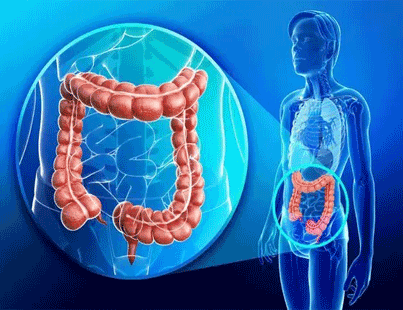
Colon (colorectal) cancer begins in the colon (large intestine), the long tube that transports digested food to the rectum and out of the body.
Read More
Stage 4 cancer does not mean end of world. The cancer which spread to peritoneum was previously untreatable
Read More
The world has witnessed a sea of change in the surgical world in the last decade. Cancer care has improved dramatically.
Read More
Retroperitoneal sarcoma (RPS) is a rare abdominal tumor whose diagnosis and management is challenging.
Read More
Colon cancer screening can detect polyps and early cancers in the large intestine. This type of screening can find problems
Read More
Pancreatic cancer develops when uncontrolled cell growth
Read More
Between 75% and 90% of people with gallbladder cancer have a history of gallstones.
Read More
Cancer treatments such as chemotherapy, immunotherapy, and radiation are known to cause fatigue.
Read More
Cancer treatments such as chemotherapy, immunotherapy, and radiation are known to cause fatigue.
Read More
Colon and rectal cancer screening involves doctors inspecting the colon and rectum for signs of cancer or growths (called polyps) that may develop into cancer
Read More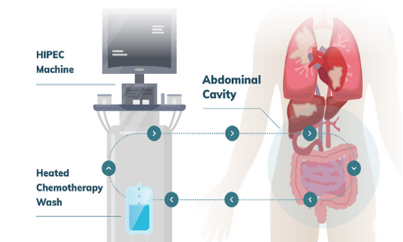
However, the long-term success of this surgery is dependent on a variety of factors, including the patient's age and overall health, as well as whether the cancer has spread to other parts of the body.
Read More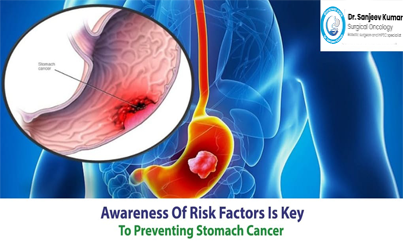
According to best stomach cancer doctor in Dwarka Delhi, most cancer types, are unable to explain why one person develops gastric cancer while another does not. Gastric cancer is a type of cancer that begins in the stomach.
Read More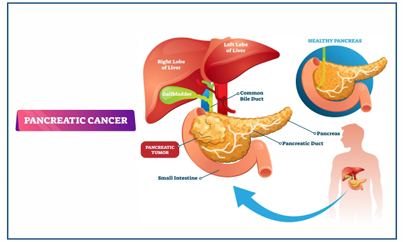
Best Cancer specialist in Delhi NCR, says that Pancreatic cancer affects this organ that is located behind the lower portion of the stomach. This results in weight loss, weariness, itchy skin, jaundice, and stomach pain.
Read More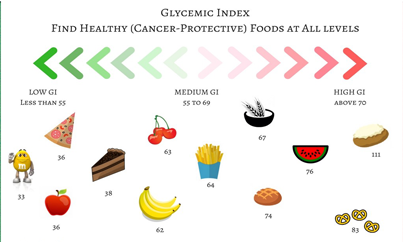
The relationship between food and gastrointestinal (GI) cancers is complex and multifaceted. As a specialist in gastro-intestinal oncology, colo-rectal cancer, pelvic cancer, robotic surgery, advanced laparoscopic surgery
Read More
If you are experiencing symptoms like itching, pain, or bleeding while passing stools, then it's time to be alert. These symptoms may be indicative of a serious condition like anal cancer.
Read More
Cancer is a disease that can affect anyone, but some types of cancer are more common in women. It's critical to pay attention to your body and identify any potential cancer warning symptoms.
Read More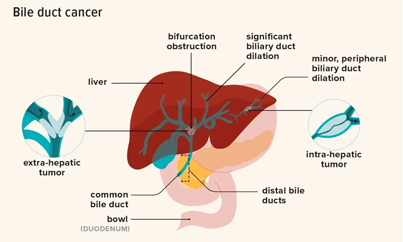
Bile duct cancer, also known as cholangiocarcinoma, is a rare but aggressive form of cancer that affects the bile ducts, which are tubes that carry bile from the liver to the small intestine. Unfortunately, bile duct cancer...
Read More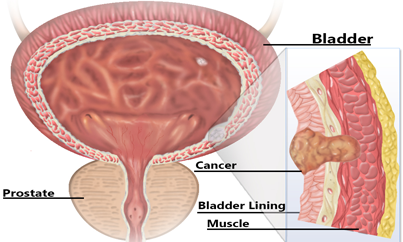
Bladder cancer is a type of cancer that originates in the cells lining the bladder, which is responsible for storing urine. It is a relatively common form of cancer, and early detection is crucial for successful treatment.
Read MoreCopyright © 2021 Dr. Sanjeev Kumar. All rights reserved.